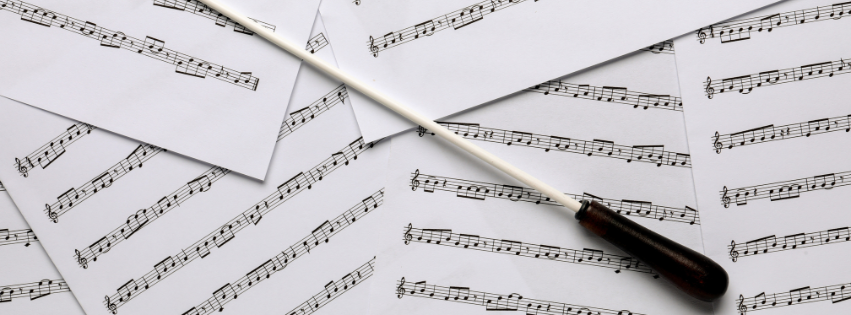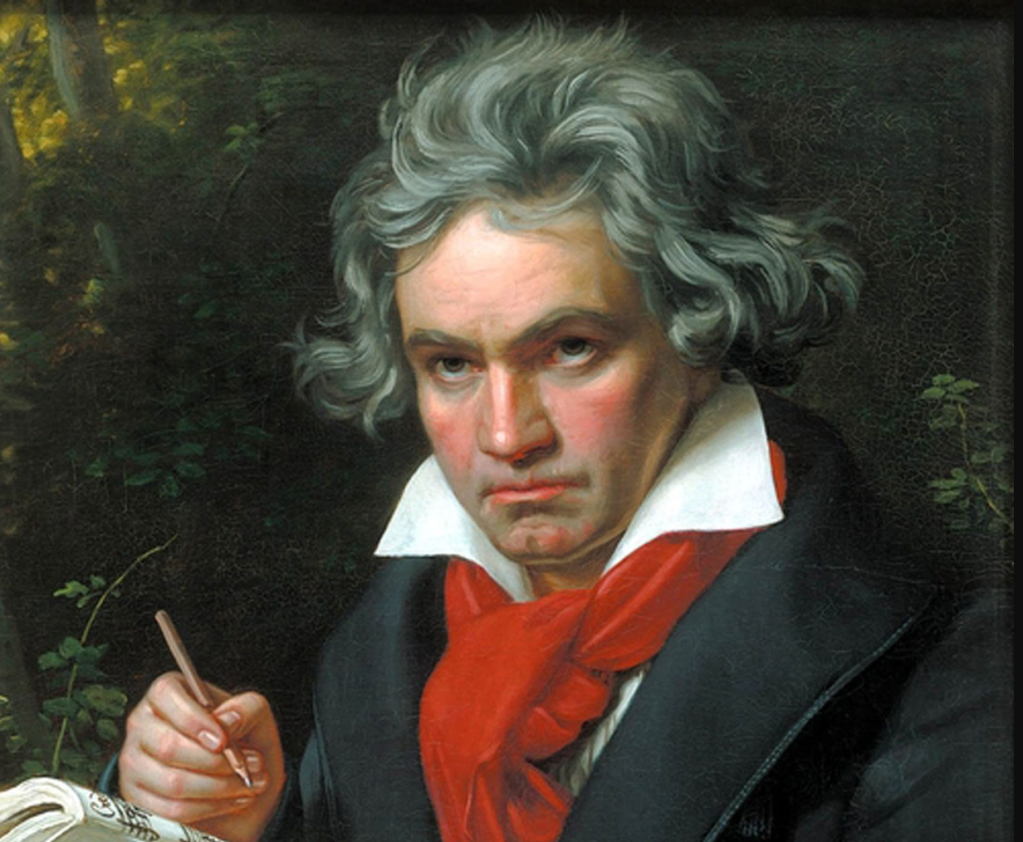As long as there are sexist hurdles to overcome on the way to becoming a female conductor, we will need an orchestral conducting competition reserved for women, such as La Maestra.
The world of classical music is a mirror image of the societies in which this art is performed, i.e. structurally sexist. It is therefore unrealistic to think that the situation can be changed overnight.
However, initiatives are possible to accelerate the feminization of orchestral conducting, and the La Maestra competition for women conductors, launched on the initiative of conductor Claire Gibault in partnership with the Philharmonie de Paris, is a shining example.
An obstacle-ridden path
The obstacles faced by women aspiring to become orchestra conductors are numerous and complex. They range from persistent gender stereotypes to under-representation in conducting positions and difficulties in reconciling professional and personal life. Deep-rooted prejudices that associate conducting with male authority can also deter women from pursuing this career.
Current situation
Admittedly, progress has been made in terms of parity in many areas, but the world of classical music is still largely dominated by men and the number of women conducting orchestras remains low.
The figures tell the story: « Despite a remarkable shift in attitudes, the place of women at the helm of permanent orchestras is still very low. While only 4.3% of orchestras worldwide were led by women in 2018, we are now at only 8%. In France, the number of women at the head of permanent orchestras has risen from 2.7% in 2019 to 10.8% in 2022: a spectacular leap, but we are still far from gender parity. »(Source : La Maestra)
The essential role played by La Maestra
La Maestra conducting competition plays an essential role in breaking down these barriers and opening doors to female talent. The competition provides a unique platform for female conductors of different generations to showcase their talent, gain visibility and gain crucial professional support. By providing a dedicated space for women in a traditionally male domain, La Maestra sends out a powerful message of inclusion and diversity.
For the candidates – 14 out of 197 entries from over 40 countries – taking part in La Maestra is not just about winning a prize, but also about benefiting from intensive training, mentoring and networking with leading professionals. This enables participants to hone their skills, gain confidence and access professional opportunities that are more difficult for them to access.
Discovering a star
This third edition of the competition was thrilling to watch, even from afar as I did. In my humble opinion, the victory of Israeli conductor Bar Avni marks the emergence of a great conducting talent. It was with great pleasure that I listened to this rigorous, dynamic and flamboyant conductor during the semi-finals at the Philharmonie de Paris, and then on Arte concert for the finals.
My enthusiasm was shared par Anne Ibos-Augé, who commented on Diapason:
« The conductor makes her own this lavish music [Charlotte Sohy’s ‘Grande Guerre’ Symphony], attentive to every colour, every motif, every dynamic, with an incredible physical presence and a vitality that she knows how to channel perfectly. The same high standards apply to the Fêtes, where the young woman seeks out the counteraccents of the horns ( splendid), the articulation of the trumpets and horns, and the dynamics of the crescendos.
In Fil, everything can be heard, from the misty pianissimos to the sparkling fortissimos, accuracy never hindering the fluidity of the musical lines. The Brahms, which embraces its romanticism and tension, while resting quite rightly on a confident chacone, brings to a close a half-hour of joy visibly shared by the musicians. » (Personal translation)
See you in two years for the 4th edition of La Maestra, and let’s hope that in the meantime the feminisation of orchestral conducting will have progressed even further.


Laisser un commentaire